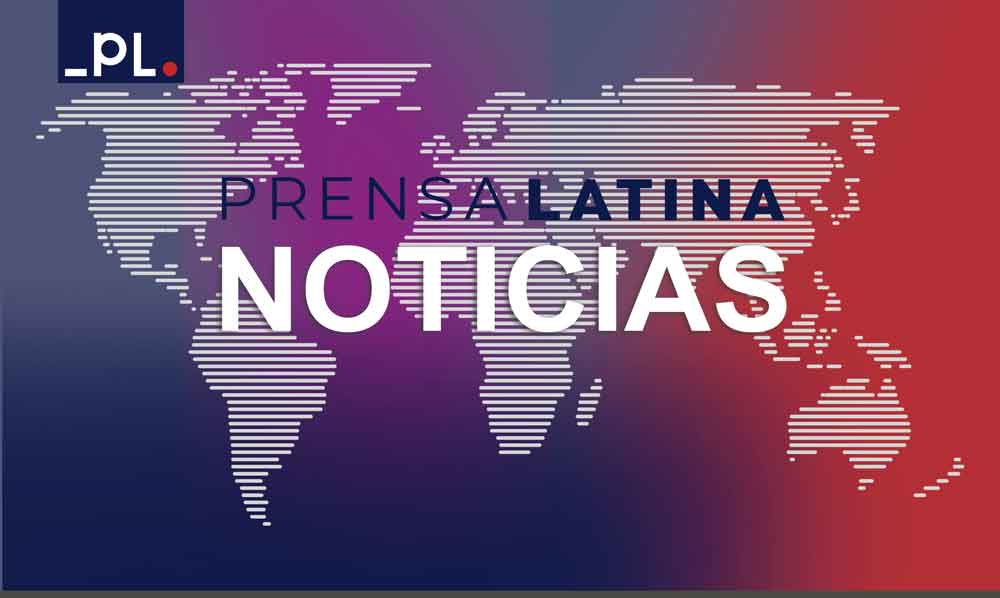Khurelsukh, honoring an invitation from his counterpart Vo Van Thuong, will conduct an official program on November 1 and 2, starting this afternoon, when he will lay a wreath in front of the Monument to Heroes and Martyrs and also pay tribute to the Vietnamese independence hero Ho Chi Minh in the mausoleum where his remains rest.
He will then be received at the presidential palace where he will hold talks with Van Thuong. Both leaders will then attend the signing ceremony of various cooperation instruments, according to the program announced by the local foreign ministry.
The Mongolian head of state will continue his activities tomorrow, Thursday, when he attends the Vietnam-Mongolia Economic Forum before being received by President of the National Assembly (Parliament) Vuong Dinh Hue.
Shortly afterwards, he will meet with Prime Minister Pham Minh Chinh and finally pay a courtesy call on General Secretary of the Communist Party of Vietnam Nguyen Phu Trong to conclude the official program.
What Khurelsukh begins today is the fourth state visit by a Mongolian president to that Indochinese nation since Tsakhiagiin Elbegdorj in November 2013.
Next year, Vietnam and Mongolia will mark the 70th anniversary of the establishment of diplomatic relations, which have been cemented since 1979 by holding 18 meetings of the intergovernmental committee, the main purpose of which is to intensify bilateral cooperation.
In this spirit and in statements to the VNA news agency, Ulaanbaatar’s Ambassador to Hanoi Jigjee Sereejav considered it necessary to establish a Vietnam-Mongolia Economic Council that would further promote bilateral trade.
Trade between the two nations has doubled in the last five years, rising from $41.4 million in 2017 to 85 million greenbacks in 2022. In the first eight months of the current year, it amounted to $75 million.
In this regard, Vietnamese Ambassador to Mongolia Doan Khanh Tam expected that the high-level cooperation agreements signed during Khurelsukh’s visit will provide a legal basis for the two countries to remove obstacles and promote cooperation in areas where have both strengths. , such as agriculture, mining and tourism.
The diplomat also considered it necessary to expand cooperation in mining, green growth, climate change response and air pollution reduction, and suggested that Vietnam should import livestock products from Mongolia.
ode/mpm

